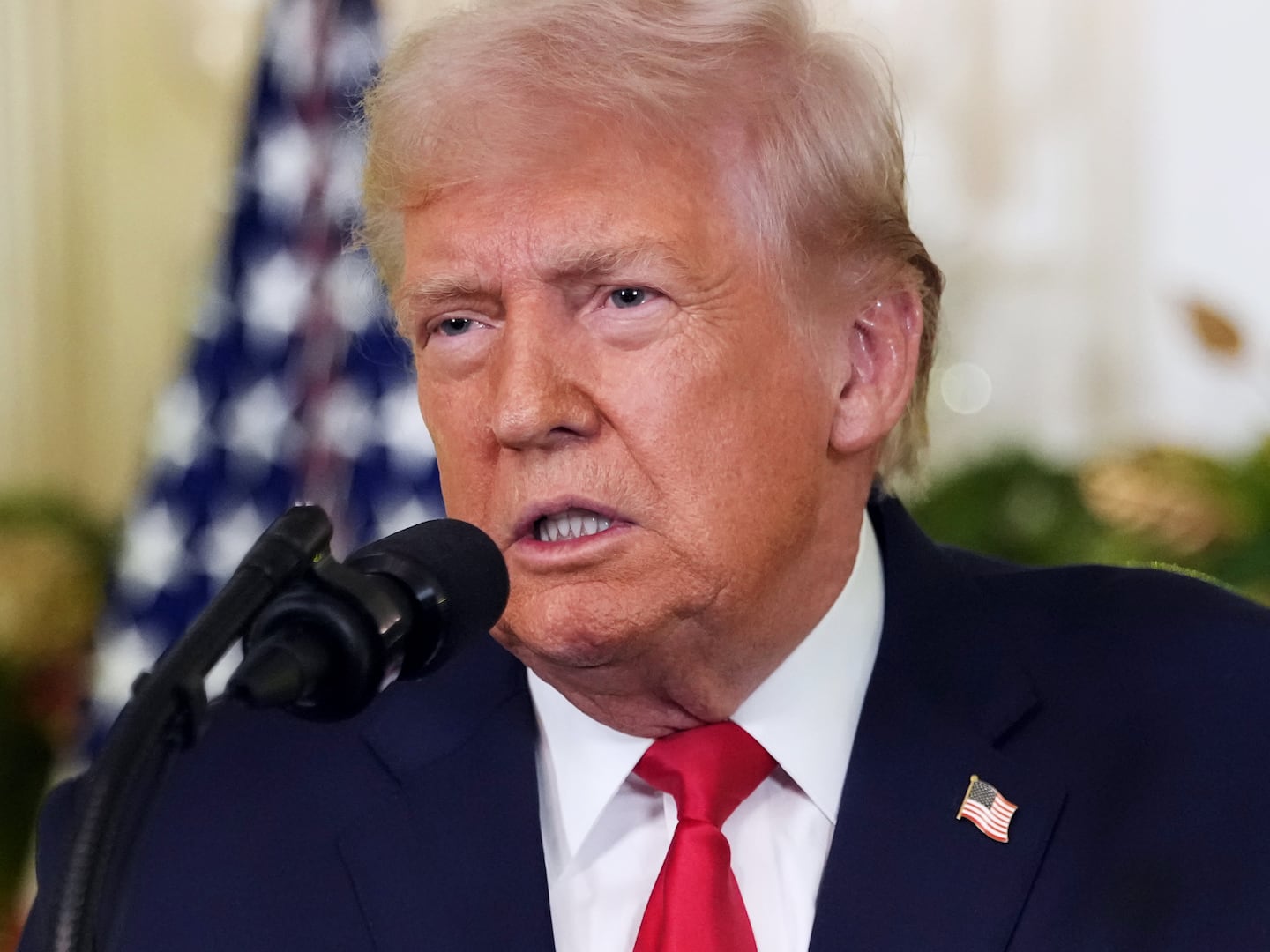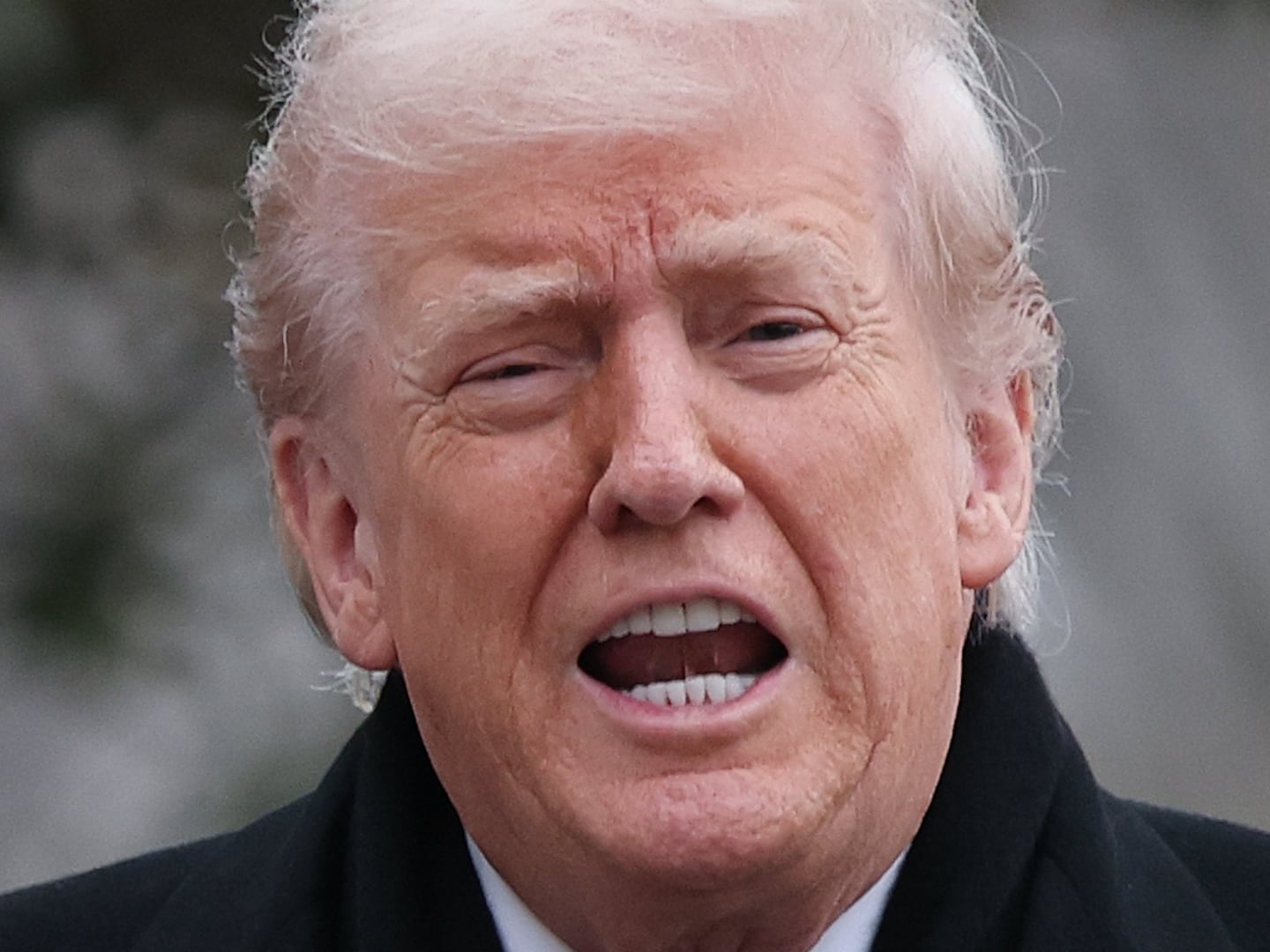How a president acts during a national crisis says a lot about the man (they’ve all been men so far). Publicly, President Trump has largely stayed true to his reputation during the COVID-19 pandemic, touting snake oil remedies from the White House podium and denying statements he clearly made.
However, with Trump it’s never just about what he does publicly. His actions behind closed doors and what we’ve learned of them have shaped his reputation as much as anything.
But it might take years, even decades, before we learn exactly what Trump has done outside the public view. Meanwhile, there is one president whose behind-closed-doors crisis persona we have come to know intimately. And the story isn’t a pretty one. We know all about Richard Nixon and Watergate. But a cursory reading of history could lead one to conclude that his downfall came from that single bad decision—a weak moment when he let his paranoia about re-election get the better of him. But, well, no.
While doing research for our podcast, Long Shots, a show about presidential primary losers who changed America, we got a tip from George Wallace’s biographer, Dr. Dan Carter. He told us about an overlooked Nixon criminal conspiracy that showed that, even in the midst of a tragedy, “Tricky Dick” had won his disreputable reputation.
Both Carter and investigative reporter Seymour Hersh of The New Yorker referenced the plot in the 1990s. Neither had direct evidence, however, because the Nixon White House tapes had not been released.
So, while the basic outline of the conspiracy was reported years ago, the exact details were unknown. And then it was all forgotten as time moved on.
So let’s revisit the scene.
On May 15, 1972, a month before the Watergate break-in, Alabama Gov. George Wallace, while campaigning in Laurel, Maryland, for the Democratic nomination, was shot by a 21-year-old drifter named Arthur Bremer.
Before Wallace arrived, the arch-segregationist had shocked the political establishment, and the Democratic frontrunner Sen. George McGovern, by winning the Florida primary and coming in a strong second in several other states including Wisconsin and Pennsylvania.
True to form, Wallace ran on a divisive racial message of ending the Supreme Court-ordered busing of school children to achieve racial integration.
In the aftermath of Wallace’s stunning Florida victory, every candidate running for president, including McGovern and Nixon, reconsidered their position on the controversial busing issue. In 1972 America, Wallace’s message resonated across the country, not just the South.
Nixon was particularly terrified of a long-shot Democratic ticket with Wallace, who, when he ran for president as an independent in 1968, won five Southern states outright and 46 electoral votes.
When Wallace survived Bremer’s bullets, Nixon panicked. What, he wondered, could the survivor of an assassination attempt do to upend the already uncertain electoral math? Nixon could be paranoid.
And this is where those White House tapes come in. We got our hands on them. Here’s what we heard Nixon say:
“You don’t know the forces this could let loose,” Nixon is heard ranting to White House Counsel John D. Ehrlichman, only moments after the shooting. “You know this fellow [Wallace] was a goddamn demagogue. Hatemonger. And he could let loose horrible forces.”
Nixon and his staff were terrified Bremer was one of their supporters. Or, that one of his “enemies” in the media would find a way to blame Republicans.
“I think the guy has to be a nut of some kind,” Chief of Staff H.R. Haldeman says. “Let’s hope he is a left-wing nut, not a right-wing nut.”
The fear that Bremer would be linked to the GOP set in motion a criminal plot that could have taken down President Nixon before his henchmen even entered the Watergate hotel.
The paranoid Nixon repeatedly tells his staff to lie to the press and say Bremer supported the likely Democratic nominee George McGovern and liberal stalwart Sen. Ted Kennedy.
“Can we pin this on one of theirs?” Nixon asks, before demanding Haldeman, Deputy Communications Director Kenneth Clawson, and White House Counsel Charles Colson feed a false story to the press.
“Just say he was a supporter of McGovern and Kennedy. Now just put that out. Just say you have it on ‘unmistakable evidence,” Nixon demands multiple times. “Screw the record. Just say we have an authenticated report.”
But the lies were just the beginning.
Later in the day, Nixon and Colson decided more needed to be done to tie Bremer to the Democrats. They ordered former CIA operative E. Howard Hunt—yes, Watergate’s E. Howard Hunt—to go to Milwaukee and plant evidence of a Democratic connection in Bremer’s apartment.
The plan was as straightforward as it was unbelievably illegal.
Nixon and his henchmen plotted to plant pro-McGovern and pro-Kennedy literature in Bremer’s apartment. When found, it would look as if the would-be-assassin was a deranged and dangerous liberal.
“They have found a lot of the stuff he has written,” Colson tells Nixon. “He is obviously demented.”
“Is he a left-winger or a right-winger?” Nixon asks.
“Well he is going to be a left-winger by the time we are through with him I think,” Colson responds.
“Oh good, keep at that,” a gleeful Nixon answers. “Keep at that.”
Colson and Nixon go on to discuss whether it is too late to get into Bremer’s apartment.
“It may be a little late,” Colson warns, but he doesn’t give up. “Although I’ve got one source that maybe, sure, we could think about that. If they find it by his apartment that would be helpful.”
By this point, Hunt, according to his autobiography Undercover: Memoirs of an American Secret Agent, had packed his bags, including his CIA-issued disguise kit (no joke), and set off for the airport.
The plan was ultimately called off. When the FBI secured Bremer’s apartment, Colson and Hunt decided it would be impossible to get inside.
But just because the plot failed makes it no less an illegal conspiracy.
Nixon, the 37th President of the United States, ordered Hunt, a top aide, to tamper with evidence and interfere with a federal investigation into the attempted assassination of a presidential candidate.
Furthermore, when Nixon and his aides hatched the plan, they didn’t know if Wallace would live or die. Nor did they know if there was a larger plot behind the attempted assassination that could be obscured by their meddling.
Indeed, Nixon didn’t care. His one and only concern was scoring a political victory against his Democratic rivals to stay in power.
In a moment of crisis, where a political rival had been shot, Nixon’s instinct wasn’t to order the full power of the government to get to the bottom of the crime, but instead to commit a crime of his own.
Weeks later, Hunt would lead a team of burglars into the Democratic National Committee headquarters at the Watergate Hotel with a similar objective. But this time, Nixon and his henchmen were caught.
So, that’s why we reporters analyze every word and action of the Trump White House as its deals with this global pandemic. His decisions, and how he responds to friends and enemies, will have a lasting impact on our political future–for good or ill. And it’s probably more important to find out what is being said and done behind closed doors. This is not to say Trump is another Nixon, it’s to say anyone with that much power must be held fully accountable, even if it takes 38 years.
Conor Powell is a veteran journalist and host of Inside Voices Media’s Long Shots Podcast. Gary Scott is former investigative reporter and founder of Inside Voices Media.







